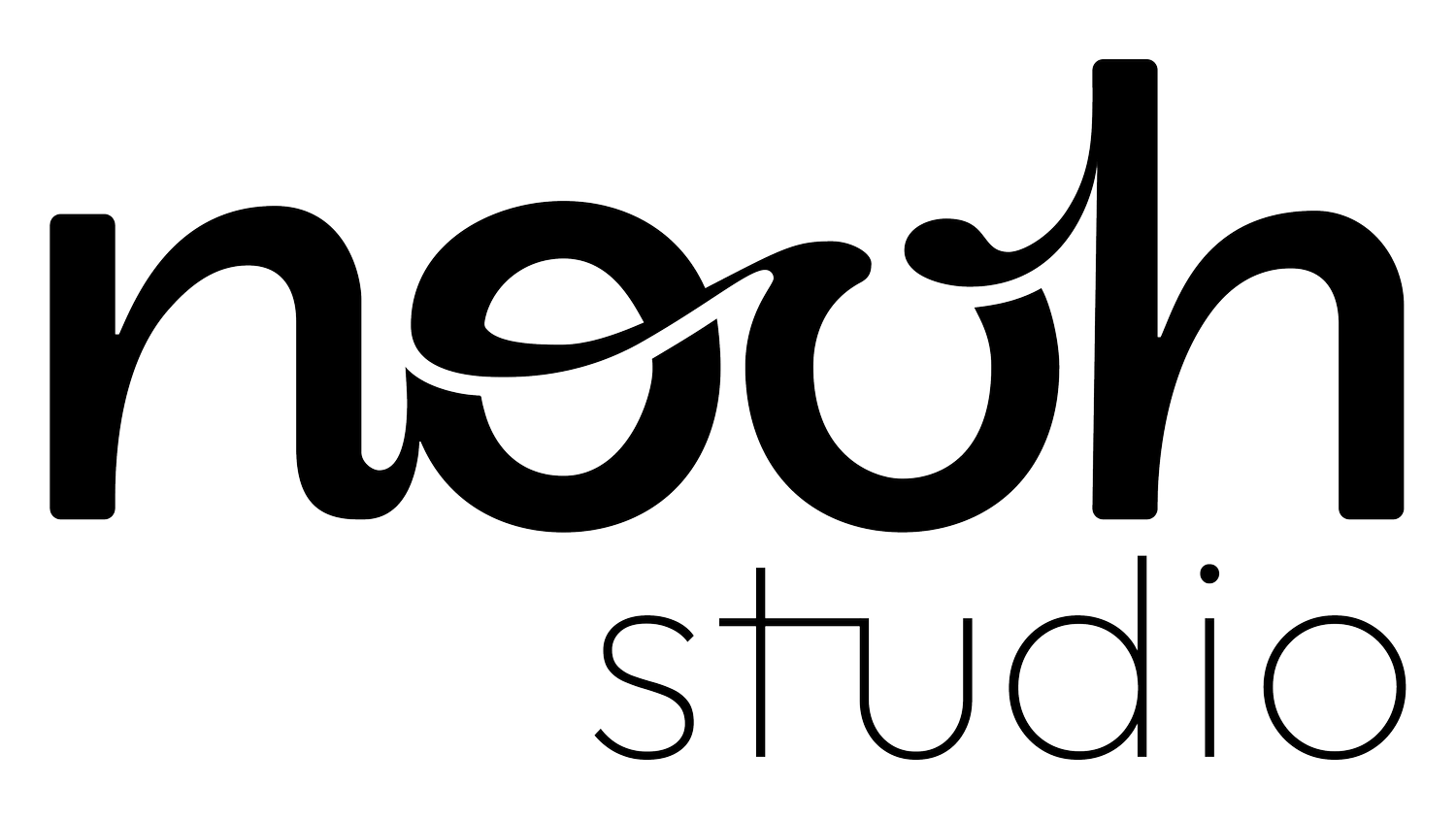Why User Research Matters
We were lucky to interview Matt Davies, an experienced strategic design consultant with a background in customer experience design and research. He helps his clients by using strategic research and design to enhance their customer experience, in turn increasing engagement and revenue. The bottom line is: “If your product is inferior because you haven’t understood the customer, they’ll just go elsewhere.”
What’s the most important advice you give your clients?
You are not your consumers. Clients spend 100% of their time thinking about the problems and the experience of whatever their product or service is. Which is what they’re getting paid to do. Whereas a customer will be focusing a fraction of their attention on using that finished product or service. The customer just wants to achieve their goal. So there’s a huge gulf there between what the project team are considering important and what the consumers actually care about. This often gets overlooked by clients when they ‘think’ they know their customers.
Why do you think user research is so crucial?
One of my recent projects really demonstrated this because people just weren’t using the product. The client then had to spend thousands of pounds redesigning it because it just didn’t fit. It’s so much easier finding product-market fit having performed user research. The issue was that they hadn’t done any research with specific customers to know “ah, people don’t even need this” before they started to design and build it. This shows so clearly why you should do user research beforehand - you don’t want to end up wasting loads of time and money building the wrong thing. You need to do it because you’re not your users, nor do you think like your users - these are the biggest reasons to always do user research.
How do you prove to a CEO that they should spend money on user research?
If they really don’t believe in it, I would start by convincing them to do something very lightweight. For example, interviewing five customers in one day and getting them to observe - that’s the most powerful way I’ve ever used. Even if you can get them to watch just one interview, the penny drops. They’ll be more likely to see the value in terms of return on investment. All the best companies are doing regular user research - they understand that it’s absolutely necessary.
What would you say to businesses who don’t perform user research?
It’s actually really backwards to think that you don’t need customer research. Companies need it now more than ever. There are many more competing products and customers have a higher level of expectation of good services and good design. They’ll be bringing their experience of companies like Apple, Google and Amazon to every product that they use - no matter how big or small the company is. So, if your product offers an inferior experience because you haven’t understood the customer, they’ll simply go elsewhere.
What are your favourite methods of performing research?
I’d say one-to-one interviews are the most powerful way to gain an understanding of the person’s needs and expectations. I’m not a massive fan of surveys - they tell you the numbers, but not the full story of ‘why’. While they can be useful, I think they’re far more useful when you combine them with qualitative outputs like rich interview findings.
It’s also powerful to get into the world of customers or users - in their own space and environment. I did a project for a food delivery business where I went into restaurants and kitchens to try to understand their user experience with various devices, as well as cooking food, hygiene, prep and workflow etc. So, sometimes you have to go directly into their space to see what the experience is like from their point of view. You have to step into their shoes and really empathise with their user journey.
When you combine those two methods - one-to-one interviews and acting as the user - your research insights will be really powerful.
